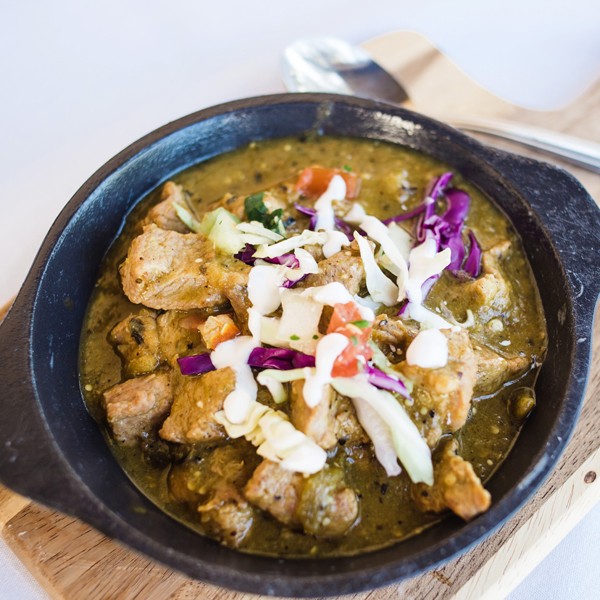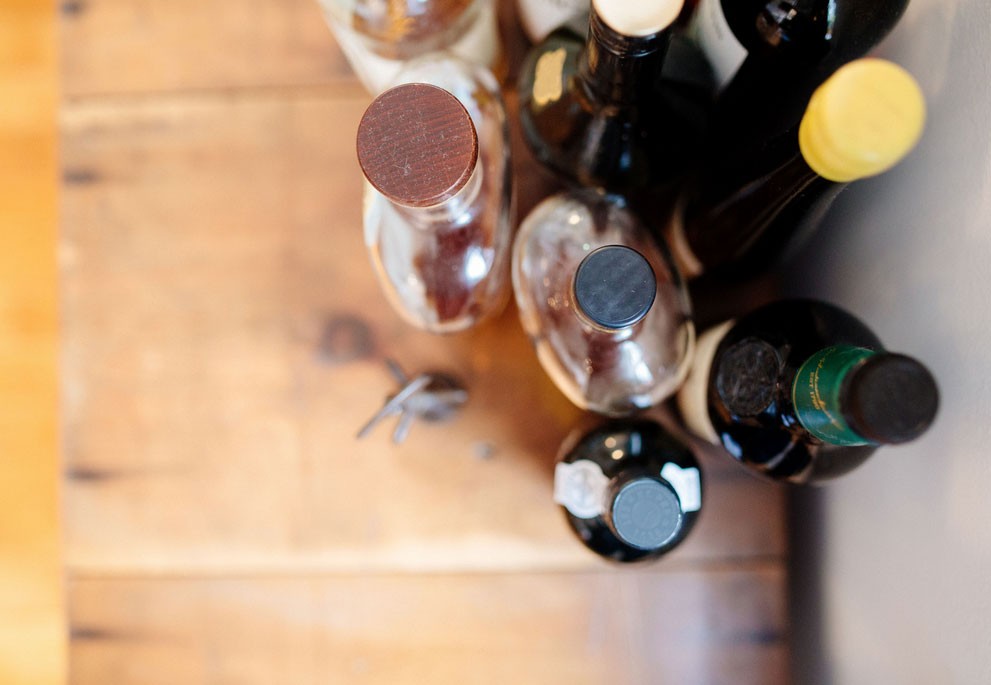Blog
Recipe Videos
All Videos
Recents
Topic
Archive
Archives
- December 2022 (6)
- March 2021 (1)
- November 2020 (1)
- March 2020 (1)
- November 2019 (1)
- September 2019 (1)
- May 2019 (18)
- March 2019 (1)
- November 2018 (2)
- May 2018 (1)
- February 2018 (1)
- July 2017 (1)
- June 2017 (1)
- April 2017 (1)
- March 2017 (1)
- January 2017 (1)
- September 2016 (1)
- July 2016 (1)
- June 2016 (3)
- May 2016 (1)
- April 2016 (1)
- February 2016 (2)
- January 2016 (1)
- November 2015 (1)
- October 2015 (3)
- September 2015 (4)
- August 2015 (1)
- July 2015 (5)
- June 2015 (1)
- May 2015 (7)
- April 2015 (8)
- March 2015 (4)
- February 2015 (1)
- January 2015 (1)
- November 2014 (1)
- September 2014 (1)
- July 2014 (1)
- June 2014 (1)
- April 2014 (1)
- February 2014 (1)
Know Your Tequilas: A Breakdown
Tequila: one of the most popular types of alcohol in the world. We use it in margaritas, but it’s a popular spirit in a number of delicious cocktails. You know the taste of tequila, but what do you know about the different types and its history? And just what is in tequila, anyway? Read on to find out.
A History of Tequila
The beginnings of tequila date as far back as the early 1500s, when the Aztec people first began fermenting a spirit made out of the agave plant. However, it wasn’t until shortly thereafter that tequila as we know it today began to be produced. Today, there are five recognized types of tequila, all of which differ in their specific ingredients and the manner in which they’re made.
Tequila Reposado
This type of tequila is aged in barrels for at least a few months but no longer than a year. The type of barrels used can vary based on the distiller, but the most common are white oak and French oak. Tequila reposado has a slightly golden tint to it, due to aging in the wooden barrels. It also has a smooth taste, making it great for sipping on the rocks or using in a mixed drink.
Tequila Añejo
Unlike blanco and joven tequilas, tequila añejo is aged in oak barrels for at least one year before it can be bottled. In reality, most tequila añejo is aged anywhere from one to three years. As tequila ages in the oak barrels, it turns from a clear color to a more golden color. The oak-barrel aging also results in the infusion of tannins into the alcohol, which results in a much smoother taste, making it ideal for sipping on the rocks.
Tequila Extra Añejo
Perhaps the most coveted type of tequila out there is tequila extra añejo (or “extra aged”). This type of tequila has been aged in oak barrels for more than three years, giving it a dark mahogany color and a very high alcohol content. In most cases, the spirit needs to be diluted before bottling to reduce the alcohol content. There’s really no other way to drink this type of tequila aside from on its own.
Tequila Blanco
Often times, the most affordable types of tequila on the market fall into the category of “tequila blanco.” That’s because, unlike other types of tequila, the blanco type is typically bottled the soonest and is therefore unaged. Some people actually prefer tequila blanco due to the fact that the flavors of the agave are in their purest form, but others prefer tequilas that have been aged because they tend to taste smoother.
Because of its sweetness, tequila blanco is often a main ingredient in classic margaritas, fruity margaritas, and tequila sunrises.
Tequila Joven
This type of tequila is similar to tequila blanco, with the main difference being that other flavors and ingredients are added before bottling. Some common ingredients that are added to make tequila joven include:
- caramel
- oak tree extracts
- sugars
- syrups
Typically, tequila joven is used in mixed drinks and is less expensive than aged tequilas with no added ingredients. Check out our margarita recipes for easy tequila cocktails!








